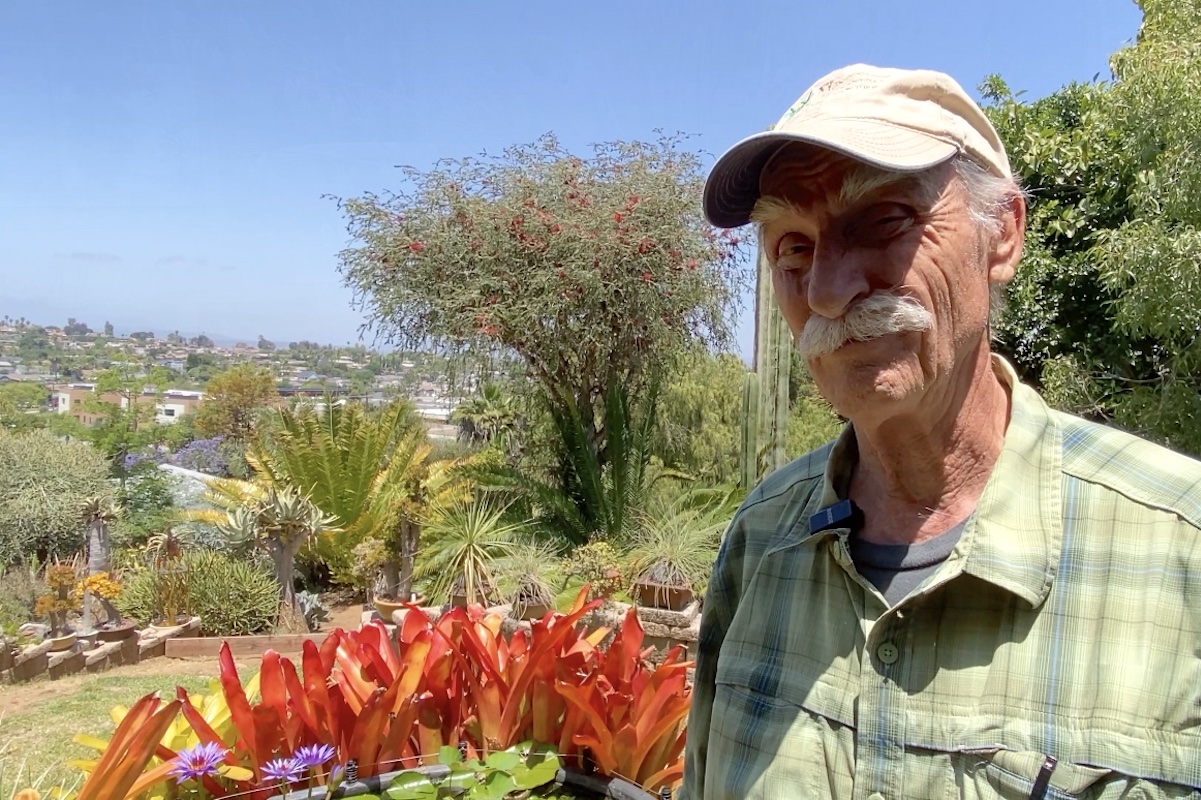
Discover Julian Duval’s Personal Botanic Garden
You're about to tour the garden of one of San Diego’s most endearing and knowledgeable plant experts: Julian Duval, retired CEO of the San Diego Botanic Garden.
In my new video, you'll see rare and unusual plants in pots, in the ground, and in an 18 x 24 greenhouse that Julian calls "a walk-in terrarium." His impressive, decades-old specimens routinely win blue ribbons at Cactus & Succulent Society shows.
Julian's vast assortment of uncommon succulents include uncarina, brachychiton and cyphostemma trees; bizarre and intriguing welwitschias, ant plants, caudiciforms, pachyforms, and epiphytes; and numerous oddball tropicals.
Uh, just what ARE those?
Here are photos and definitions (and yes, Julian does explain them in the video):
Ant plant (Myrmecophyte): Has a symbiotic relationship with a colony of ants. The plant provides food and nesting chambers. The ants protect it from predation, provide nutrition via their waste, and aid in seed dispersal.
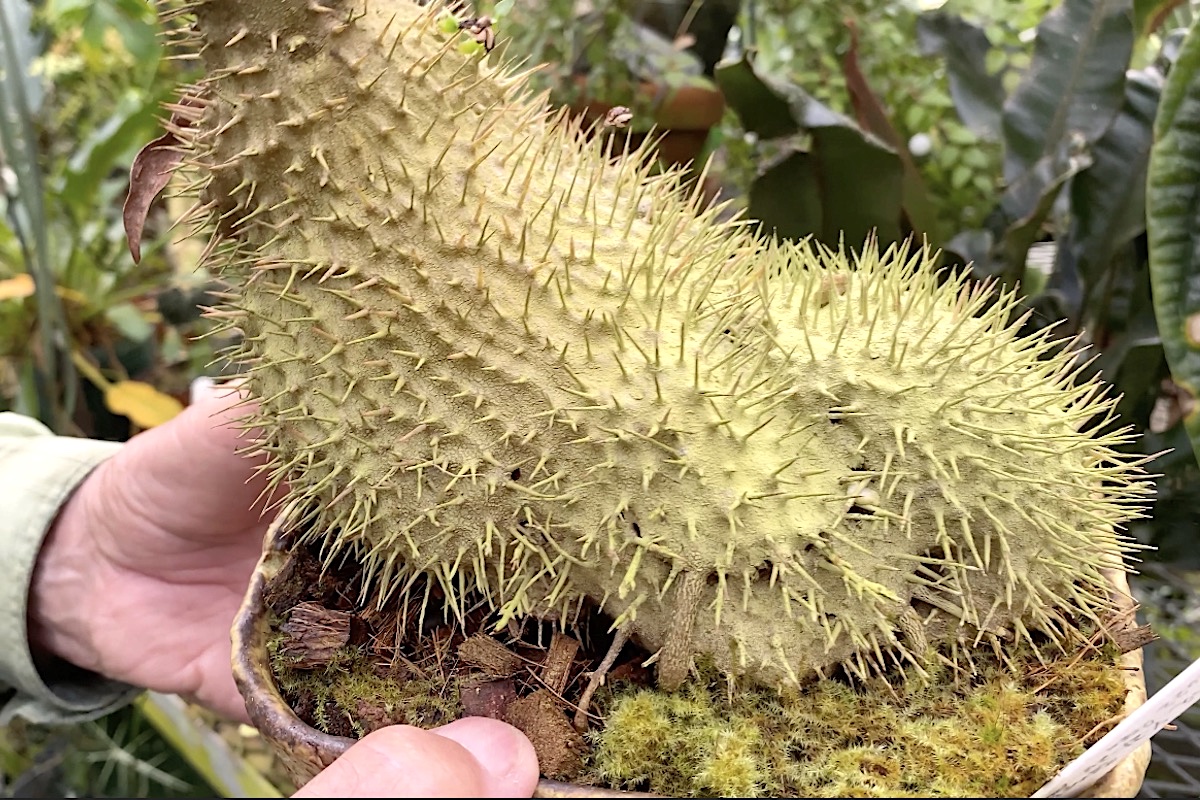
Myrmecodia tuberosa (ant plant)
Epiphyte: A plant that grows on another plant but is not parasitic, such as ferns, bromeliads, air plants, and orchids in tropical rainforests.
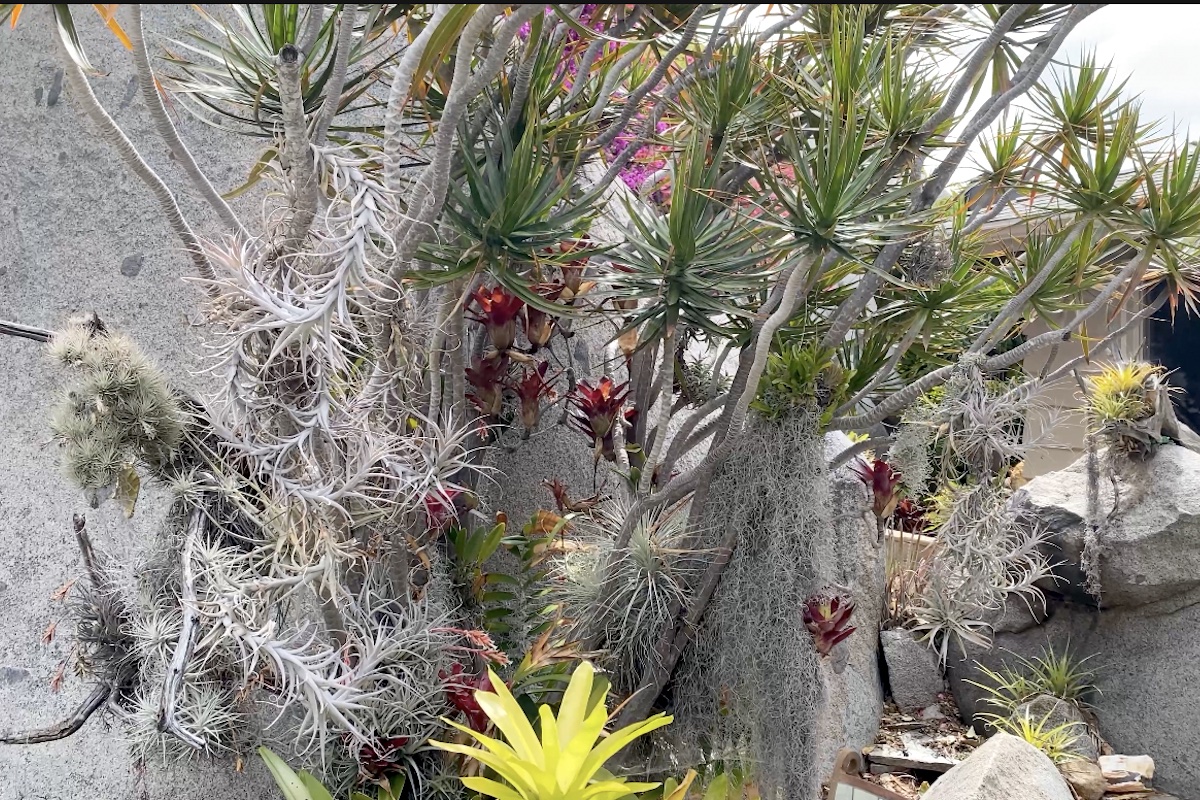
Tillandsias (air plants, epiphytes) and other bromeliads grow on or near the slender-trunks of a dracaena tree
Caudiciform: These plants have an enlarged base that stores water, called a caudex. Despite being a succulent, leaves may be thin. In many varieties, thickened roots can be raised and displayed like bonsai.
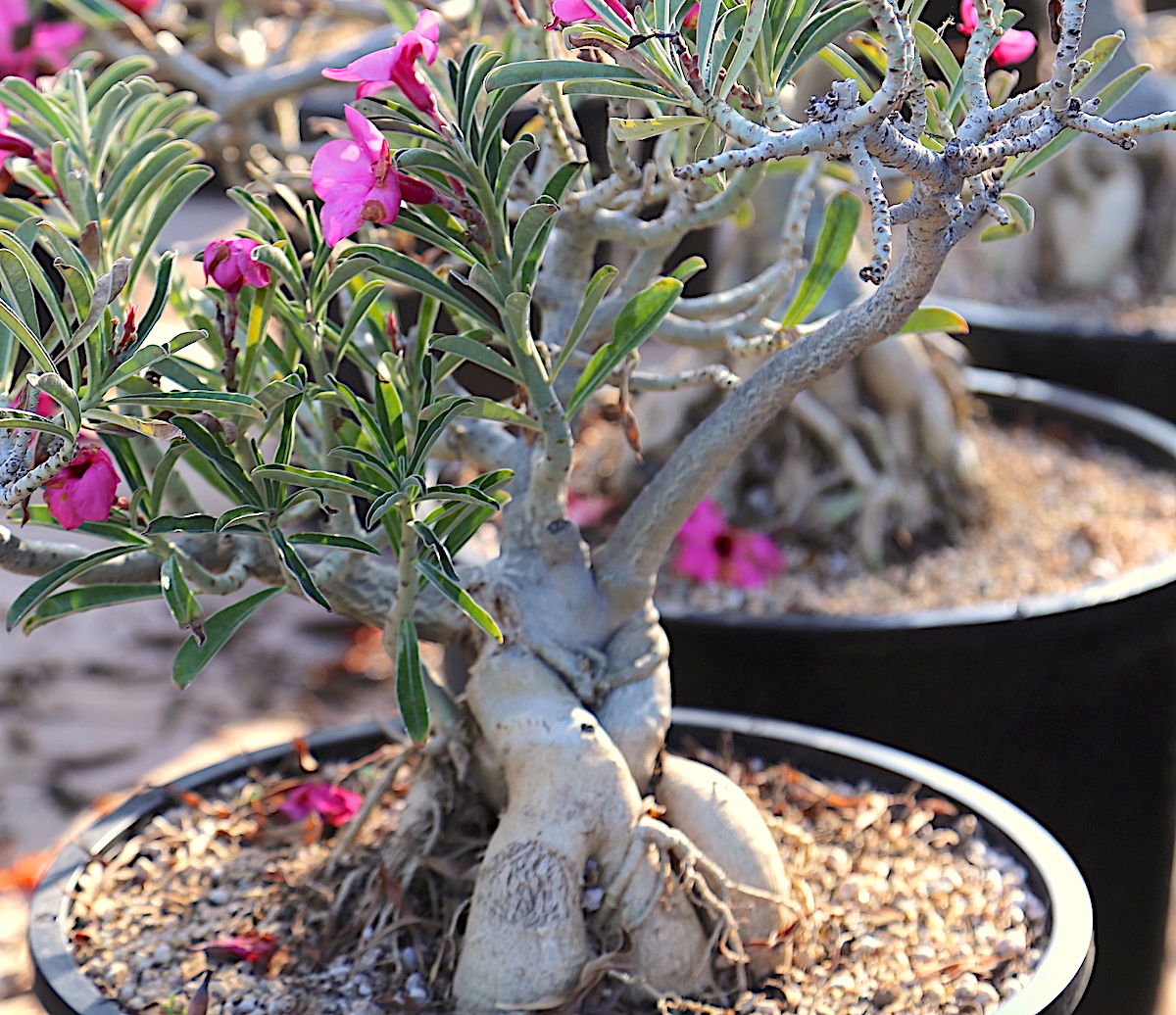
Adenium swazicum with raised roots
Pachycaul: From the Greek meaning "thick" or "massive," a succulent with a bottle-shaped or swollen trunk that's minimally branched. Btw, elephants, are pachyderms.
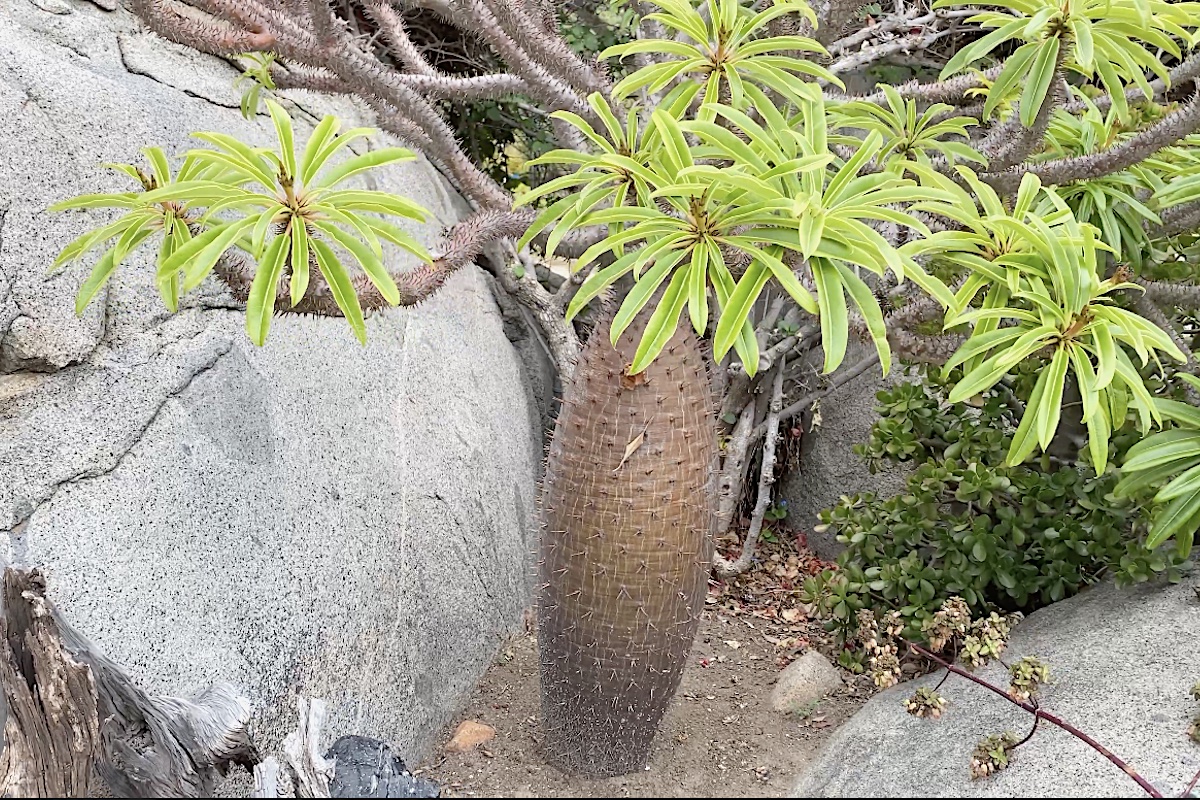
Pachyform: A general term encompassing caudiciforms, pachycauls, and other thick-bodied plants.
Welwitschia mirabilis, a succulent native to African deserts and highly prized by collectors, has two ever-lengthening leaves that emerge from a short, woody trunk. Certain specimens in habitat with leaves 8 feet or longer are thousands of years old---some of the oldest plants on earth!
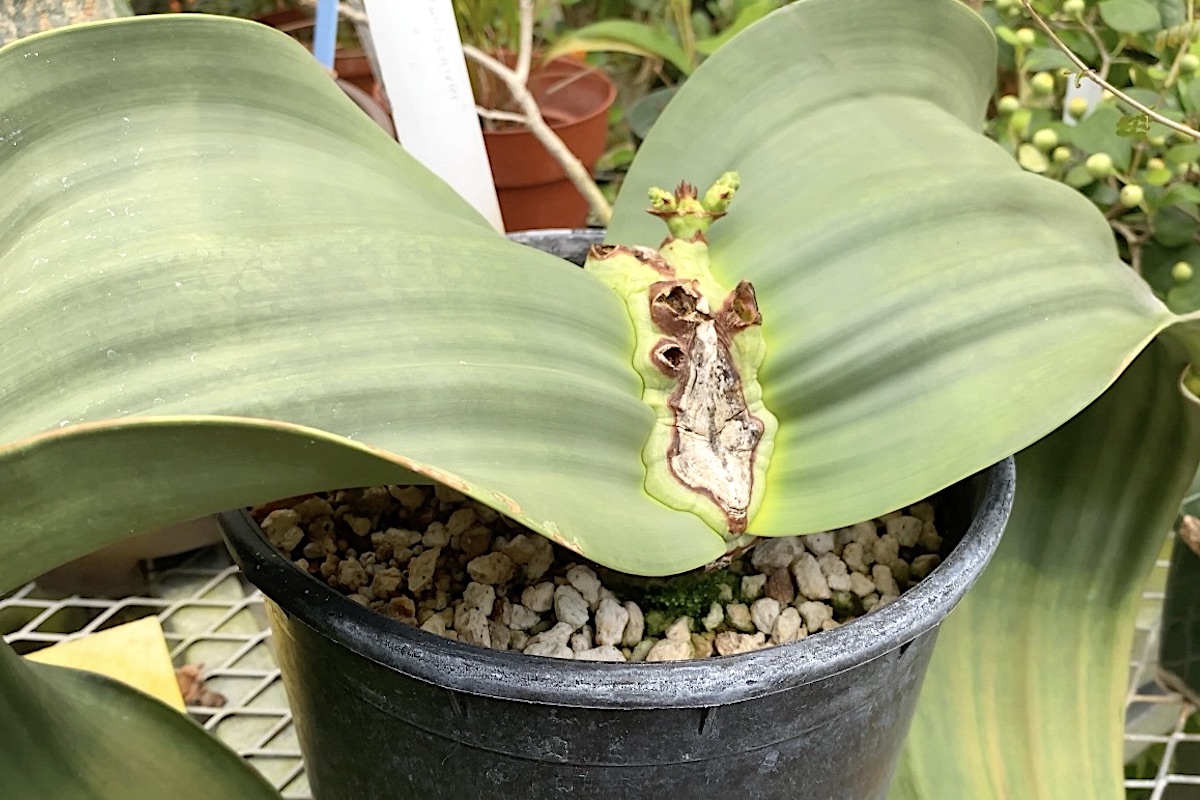
Welwitschia mirabilis
One of Julian's oddball tropical trees is Ficus auriculata, native to Nepal, China and Southeast Asia. Grows to 24 feet with oval leaves 15 inches in diameter. Large, donut-shaped, inedible figs cluster along the trunk and branches.
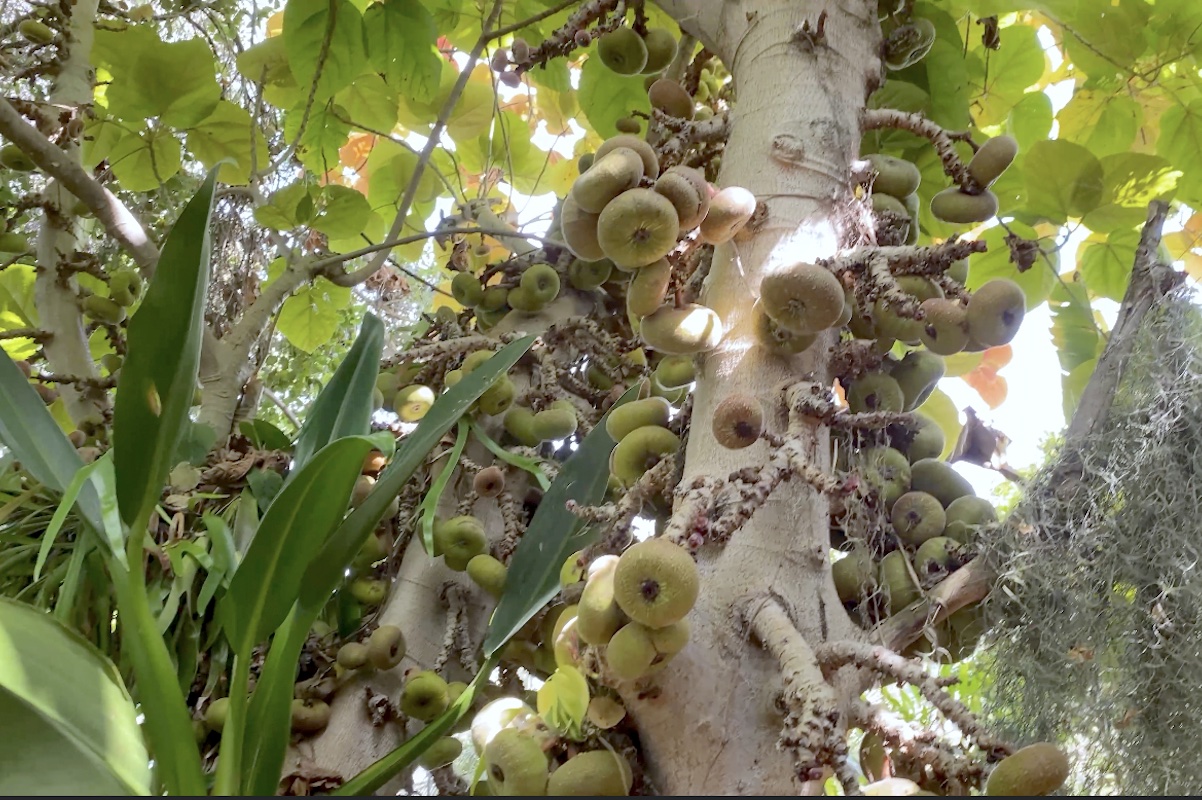
See more in the gallery below, all ID'd.
Climate, soil, watering
The soil of Vista, CA is a mix of clay and decomposed granite that "isn't ideal," Julian says, noting it could be better-draining. "It's an adobe-DG combination."
For succulents and other dry-climate plants, Julian amends "mostly with inorganics such as pumice." However, due to the diversity of the plants he keeps, how he improves the soil is not a hard-and-fast rule. "The soil mix is also dependent on the watering schedule," Julian says. "There are lots of variables."
Is there an irrigation system? "I have a few battery operated hose bib timers," Julian says, "but mostly I’m a hose dragger.
He and wife Leslie chose their 2/3-acre lot for its large boulders and sloping terrain that lets cold air drain. "Vista is generally frost-free," Julian says. "It stays warmer than the coast and cooler than farther inland."
The "collected plants" controversy
Does Julian have favorites among the thousands in his collection? Yes---those with "fat bottoms" which he considers "sculptural." Because he's owned and tended these for decades, many of his bonsai'd caudiciform and pachyform succulents have the look of great age---one reason they impress Cactus & Succulent Society show judges.
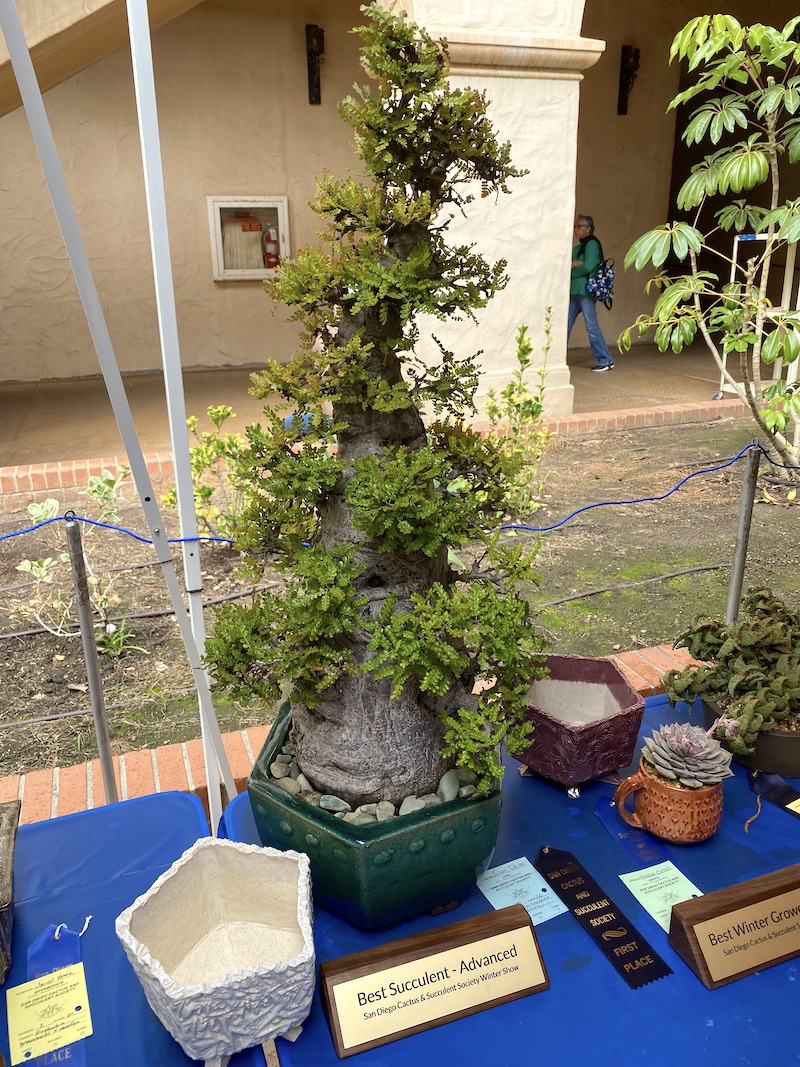
Julian's bonsai'd Operculacarya decaryi took "Best Succulent - Advanced" at a recent San Diego Cactus & Succulent Society show and sale
It's frustrating to long-time collectors that "collected plants"---cacti and succulents taken from the wild---may be sold and/or displayed at shows, as though their owners had cultivated them for a long time.
Julian says: "I support not entering plants collected from the wild in shows. Poaching is a serious problem that contributes to the potential extinction of some species. Plus I think growers who have taken the time to produce a plant that has the maturity judges look for in a show specimen should not have to compete with someone who has taken a plant from habitat."
What do you think? Agree or disagree? Tell us in the Comments!
watch the sequel
Gallery of Julian's Plants
These are favorites from my recent visit, but obviously Julian has many more. If you'd like more from this remarkable plantsman, I'd love an excuse to go back. LMK in the comments!
Note: Also see 80 photos of Julian's garden, taken in the spring of 2025, on Gerhard Bock's excellent "Succulents and More" blog.
Related info on this site
Julian’s Secrets to Healthy, Happy Fat Plants (Pachyforms)
In my latest video, renowned succulent expert Julian Duval shares his secrets to keeping fat-trunked, potted succulents healthy and happy for decades. Such stout-stemmed succulents are pachyforms —a term that includes pachycauls and caudiciforms. Julian, a lifelong plant enthusiast, is former CEO of the San Diego Botanic Garden. This video is a sequel to my…
Visit Botanic Wonders & See Al Klein’s Succulent Rarities
You think you like succulents? Al Klein of Botanic Wonders nursery calls them “an addiction.” Al is a comet on the cactus and succulent scene. It seems he’s everywhere, doing speaking engagements, selling on the show circuit, greeting nursery visitors, and sharing a lifetime of info and enthusiasm. Al’s story bubbles out of him as…
See Rich Zeh’s 30-Year Succulent & Cactus Collection
Rich Zeh has an Aladdin’s trove of cacti and succulents. “I’m pretty much maxed out on space,” he says of his one-acre garden and greenhouse in Paradise Valley (Phoenix) Arizona.

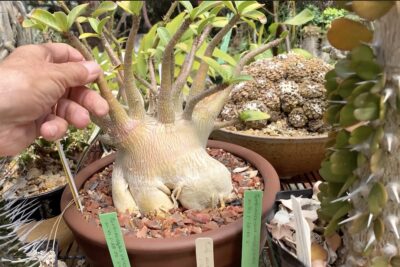
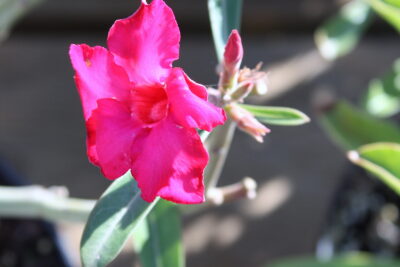
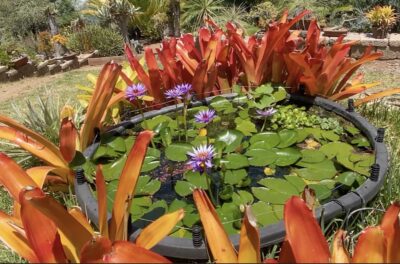
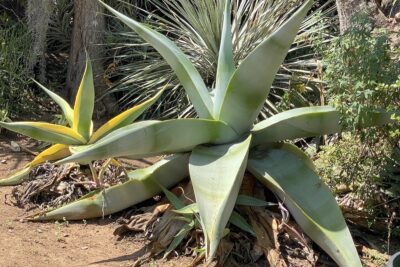
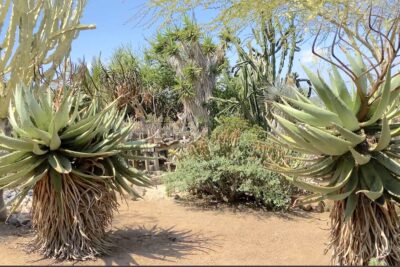
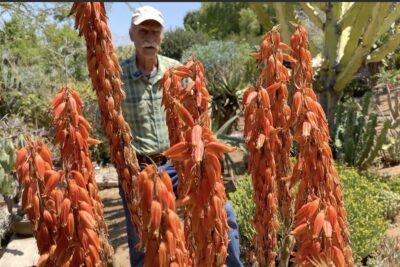
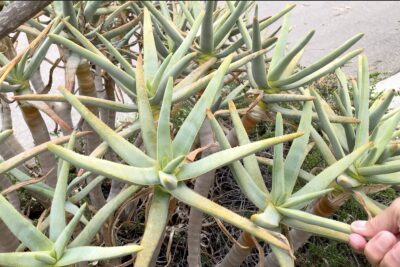
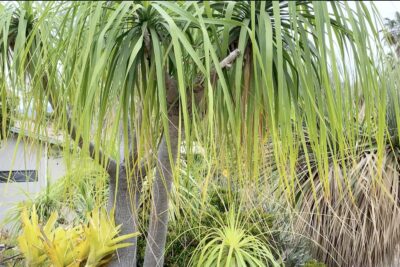
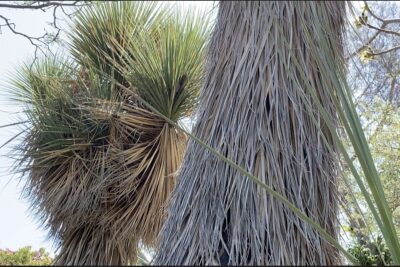
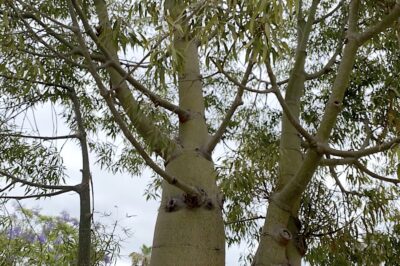
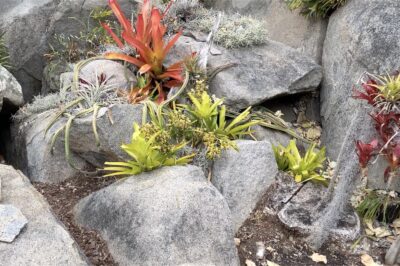
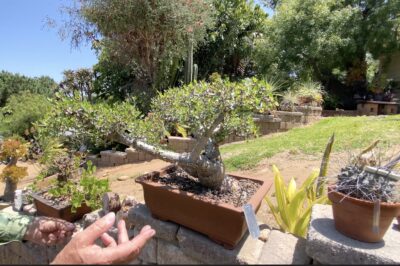
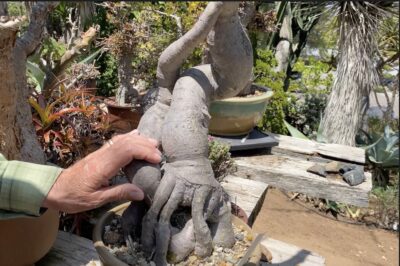
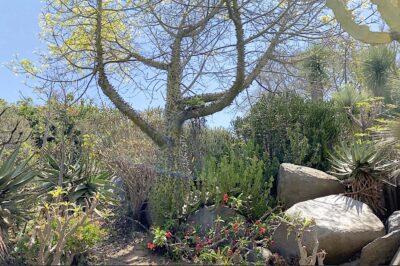
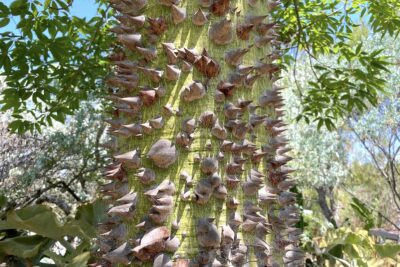
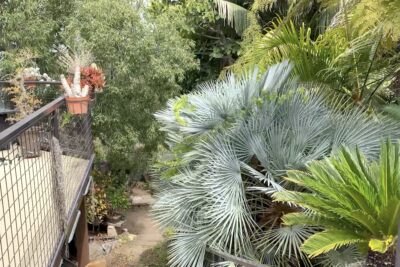
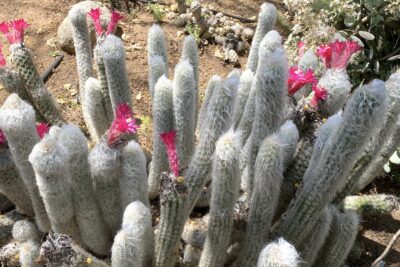
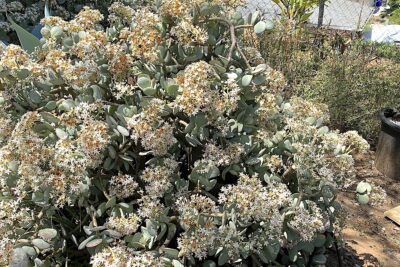
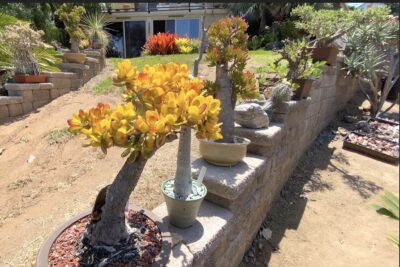
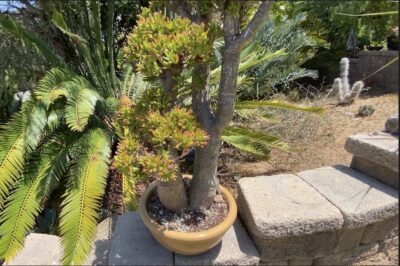
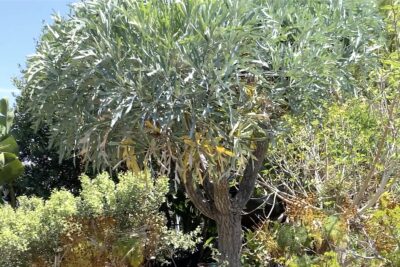
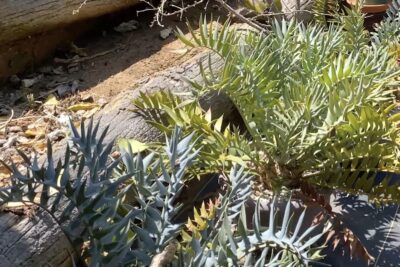
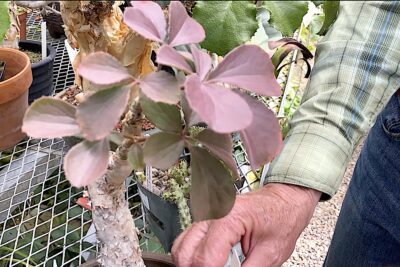
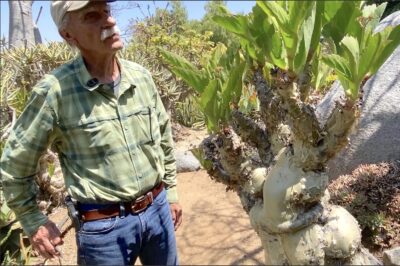
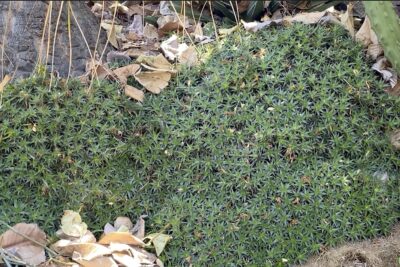
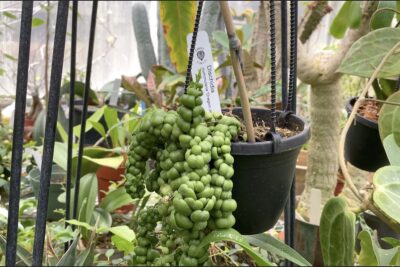
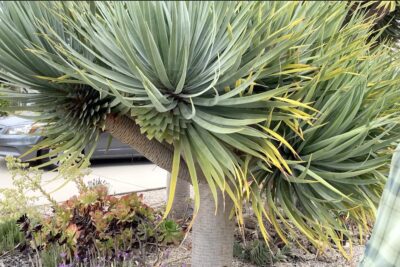
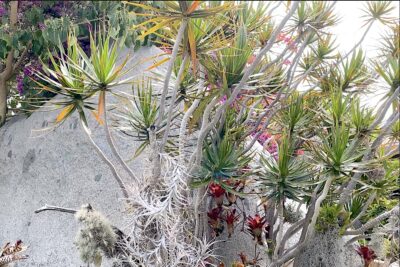
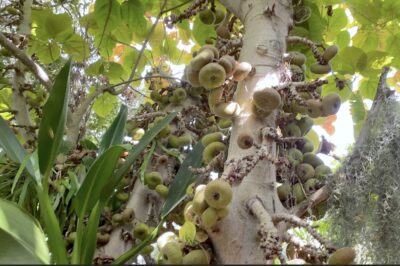
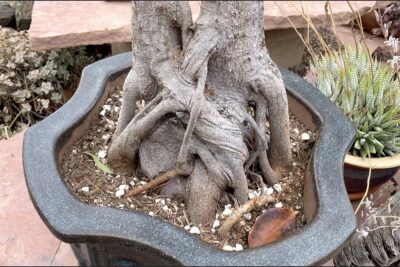
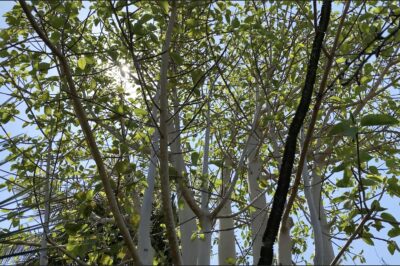
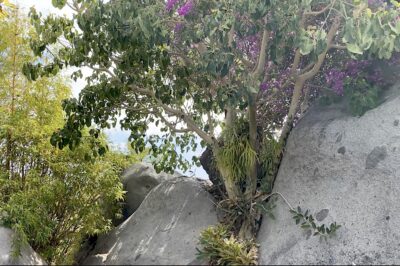
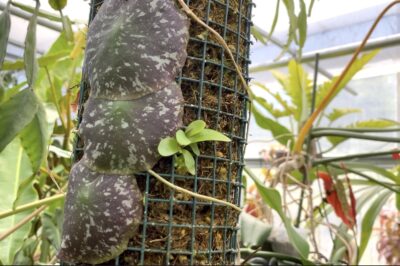
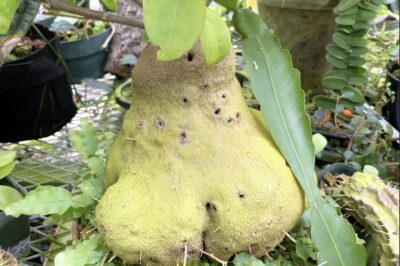
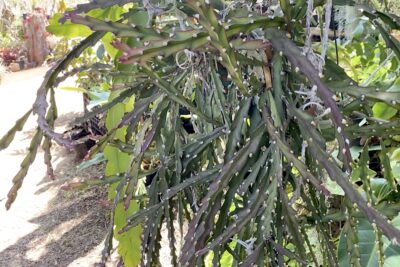
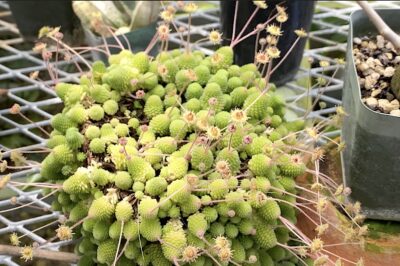
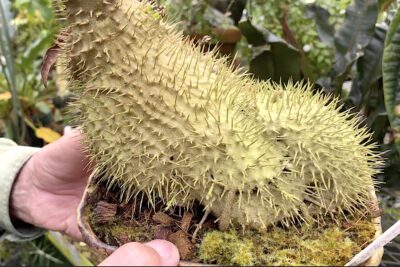
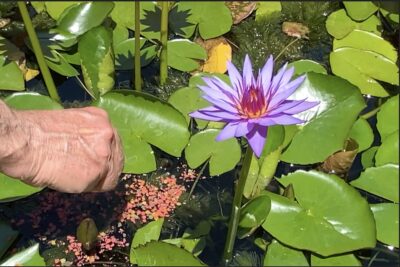
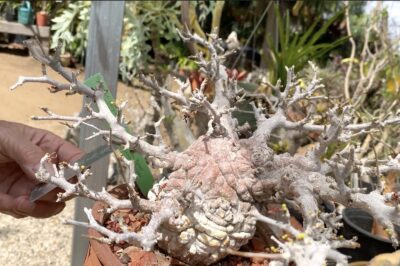
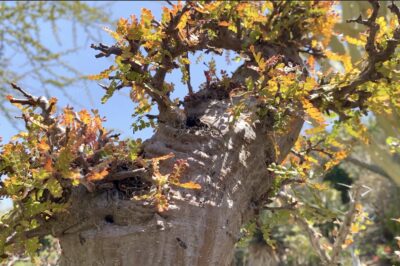
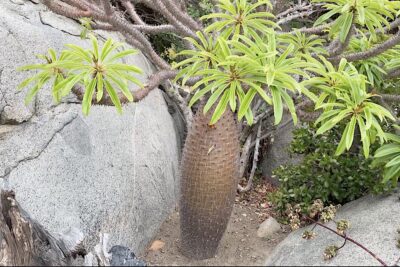
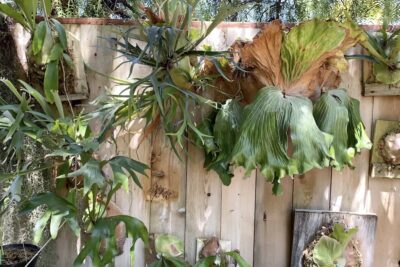
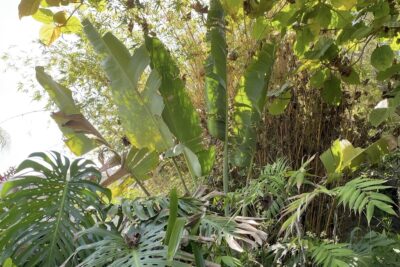
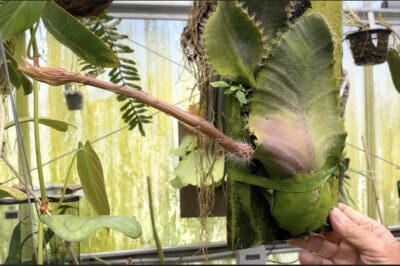
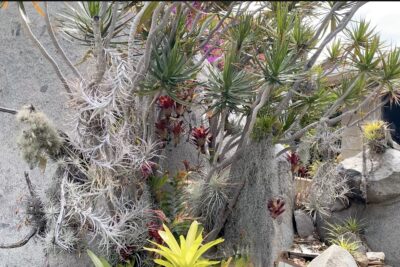
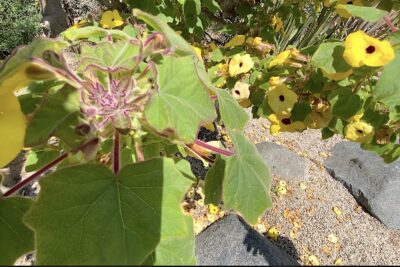
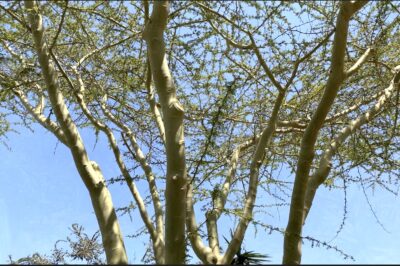
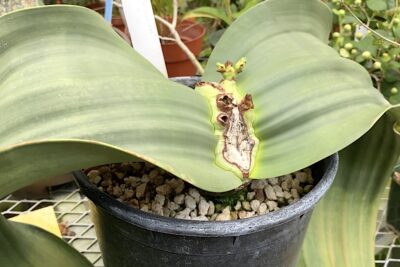
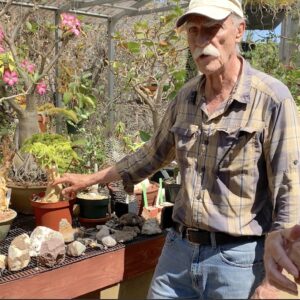
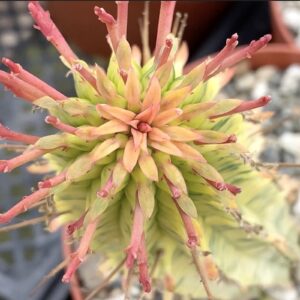
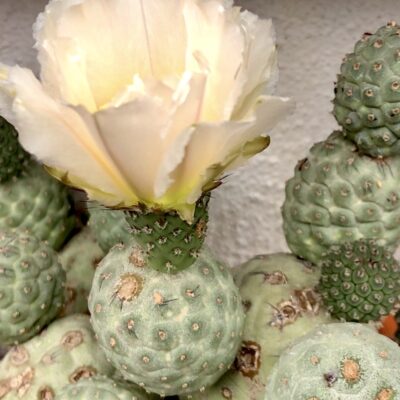
At the Central Arizona Cactus and Succulent Society show and sale, we now have an “expert” who checks all the show entries to be sure that none are taken from the wild. Some have been disqualified from participating for that reason. I think every society that has a show should issue a strong statement and check all plants being entered.
Yes, but how can even an expert tell for sure? It seems to come down to the credibility of the plant’s owner, and whether he or she can prove its provenance. Good luck telling someone their plant was disqualified for THAT reason!
Julian, wow! So happy to get this from Arlene Prater. Please add me to your list . I love love love everything. It made my day!!!!!!!
Love to you and Leslie.
Mary xixo
Hi Mary — Nice to hear from you! I’ll pass your comment along to Julian. Are you referring to my newsletter list? Debra